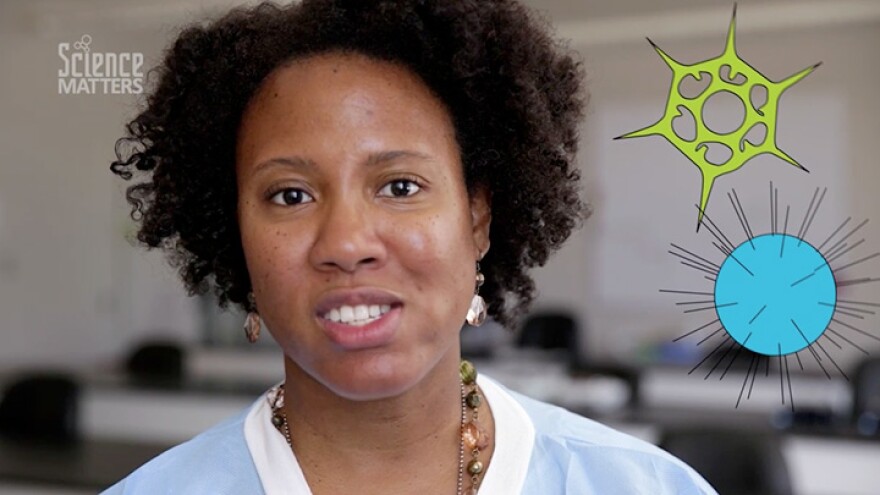How do you track a disease? How do you determine if a blood sample contains a virus or a bacteria that could make millions of people sick? What type of information would you need to know to stop a disease from spreading? If you are interested in these questions then being an “Illness investigator” or a Clinical Laboratory Scientist (CLS) might be the right career path for you. Clinical Laboratory Scientists, also known as Medical Laboratory Scientists, are health professionals who investigate events making headlines all over the world. From flu epidemics to anthrax incidents, to rabies outbreaks to the emergence of SARS and more, clinical laboratory scientists use sophisticated instruments to analyze blood and other body fluids and tissues to glean important information to diagnose and track diseases.

Dr. Marilyn Bibbs-Freeman, Group Manager for Immunology and Virology at the Division of Consolidated Laboratory Services explains that “as a kid, I found it fun to know about things you couldn’t see. And when I learned that bacteria and viruses were the small things making me sick, I wanted to know about them.”
Fast forward--Dr. Bibbs-Freeman in Middle School (“I wasn’t the biggest fan of science”) to high school (“I really began to like science in high school because we had labs that allowed us to use our hands and visualize things under the microscope”) to her career as a Clinical Laboratory Scientist. Bibbs-Freeman explains why this career is a Hot Job, “Because identifying diseases is important and necessary to protect human health. Unfortunately, people get sick every day, and our role here at the laboratory is to help to diagnose disease. By knowing where the disease exists we can help prevent it in the future. And because diseases evolve and change every day, we’re going to need more people in the workforce in order to identify them as they change and move.”
Watch this Science Matters video to learn more about Clinical Laboratory Science and see if being an “illness investigator” is the right career path for you.
What do Clinical and Medical Laboratory Scientists and Technicians Do?
- Analyze body fluids and tissue samples and record normal and abnormal findings
- Culture and identify bacteria and viruses
- Operate sophisticated laboratory equipment
- Use automated equipment and computerized instruments to perform tests
- Log data from medical tests and enter results
- Discuss results and findings with physicians
- Check out this Clinical Laboratory Science Career Comic book
- Comic poster “You Don’t Have to Be a Doctor or a Nurse to Work in a Hospital”
How to become a Clinical Laboratory Scientist?
- High school students who are interested in pursuing a career should take classes in chemistry, biology and math.
- Entry-level job for technologists usually require a bachelor’s degree in medical technology or life science.
- Bachelor’s degree program for a medical laboratory scientist degree includes courses in chemistry, biology, microbiology, math, and statistics.
- Coursework emphasizes laboratory skills, including safety procedures and lab management.
- Medical laboratory technicians require an associate’s degree program in clinical laboratory science.
What are the skills important to this career?
- Do you think like a detective?
- Are you able to operate complex machinery and technology?
- Are you detail oriented?
- Are you dexterous - do you love to work with your hands?
- Have you plenty of physical stamina?
(Source for above: Bureau of Labor Statistics Occupational Outlook Handbook)
What is the Job Outlook for this career?
According to the Bureau of Labor Statistics Occupational Outlook Handbook, employment for medical laboratory technologists is projected to grow 14% and medical laboratory technicians is projected to grow 18% from 2014-2024, much faster that the average for all occupations.
Educational Programs in Virginia:
Virginia Department of Education, Career and Technical Education in Health Sciences
Not sure if you have the skills needed?
Let Virginia Wizard or My Skills My Future help you assess your skills and find the best career for you.
Want to dig in more?
Check out the American Society for Clinical Pathology.


